
Free shipping on all domestic orders.
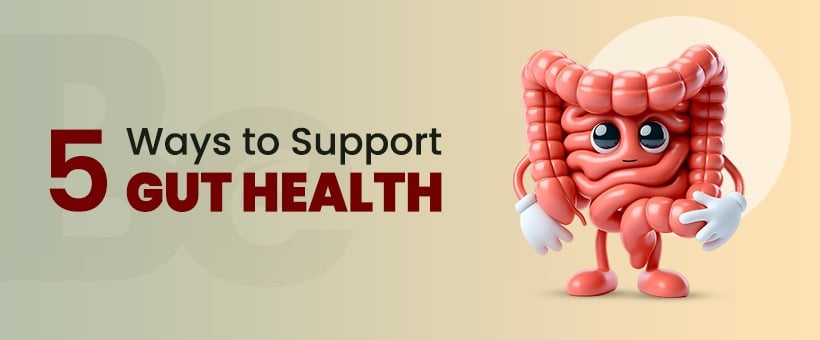
Your gut includes your stomach, intestines, and colon, which combine to form the gastrointestinal system. The function of a healthy digestive system is to absorb nutrients from the food you eat and excrete waste. Because your gut supports your body’s functions, improves your immune system, helps you deal better with mental health issues, aids better sleep, and prevents gastrointestinal disorders, a healthy gut holds the key to your overall well-being.
This blog delves into how you can take care of your gut and support your digestive system through lifestyle changes by incorporating the best foods for gut health and the best gut health supplements.
5 Ways to Support Gut Health
Inflammation and an imbalance of good microorganisms might result from consuming too much sugar. Many products, including baked goods, ice cream, and processed foods—even items like pasta sauces, salad dressings, and soups have sugar, which tends to have a direct impact on your gut health. Therefore, you must ensure that you reduce the consumption of such food items.
One of the healthiest meals for digestive health is prebiotics, which also come as digestive health supplements. Your gut microbiota is made of both healthy and harmful bacteria. The equilibrium of these bacteria affects intestinal health. Prebiotics are a particular class of carbohydrates found in whole grains, fruits, and vegetables that are composed of indigestible fibers. After passing through the digestive tract, these fibers reach the large intestine, where they undergo fermentation. The pH of the gut is changed during fermentation, creating an environment that is more conducive to the growth of beneficial bacteria. The best digestive probiotics promote optimal probiotic function in the intestines, balance, and gut health.
Our general health, including our heart, brain, immune, and digestive systems, is impacted by sleep. Sleep deprivation raises stress levels, which in turn causes an imbalance in the hormones cortisol, serotonin, and melatonin, which can lead to digestive issues. This could result in poor dietary decisions, such as fatty and sugary foods, which increase digestive health issues.
Water consumption promotes good gut function and helps avoid constipation. Your body needs different amounts of water depending on your size, exercise level, and overall health.
Regular exercise lowers your chances of nausea, bloating, and constipation by accelerating the passage of food through your digestive system. Exercise can also help with digestive health, which includes reducing inflammatory bowel disease and constipation symptoms.
Digestive issues affect everyone from time to time. They may cause you discomfort, be difficult to discuss, and interfere with your regular routines. While many intestinal issues can be resolved with specific lifestyle adjustments, some require regular medical consultations for a proper diagnosis and course of treatment.
So, if you feel that your digestive problems are getting worse even after dietary and lifestyle modifications, it’s time to visit a doctor.
“The above article is not to be used as medical advice or recommendations. Please speak with your doctor if you have any queries related to your health.”












Sign up for our newsletter and get the inside scoop on gut health and exclusive deals!
Copyright © 2024 Bene Esse Nutra Pvt Ltd | All Rights Reserved | Developed by Digiclaw Media


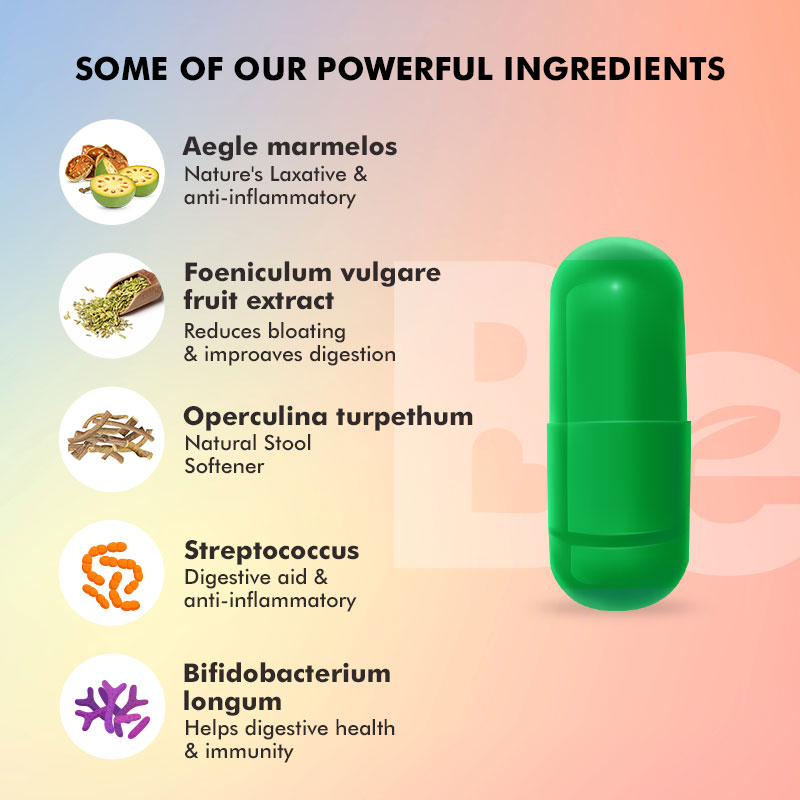


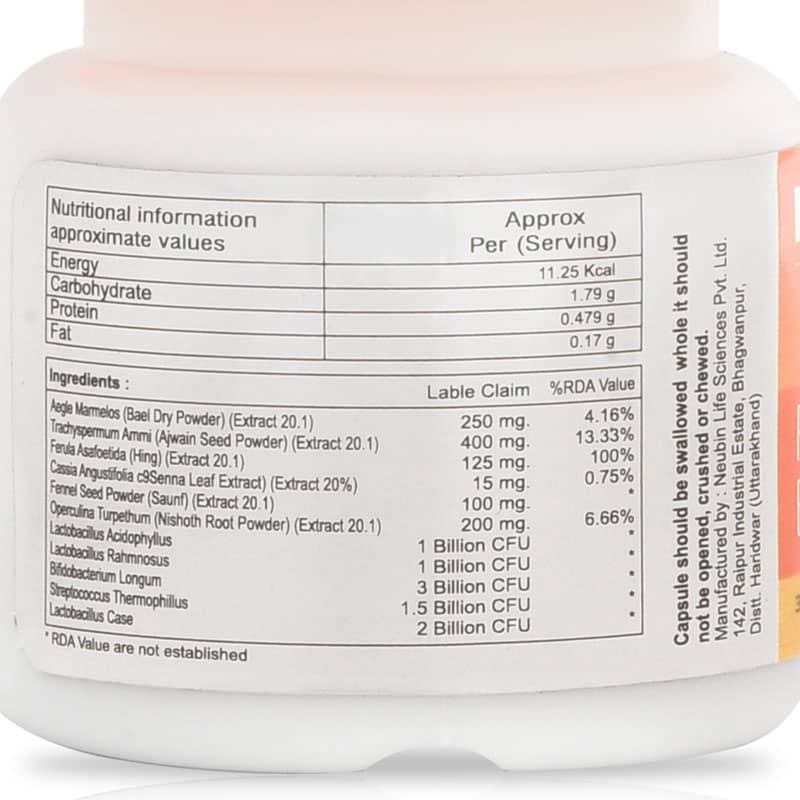
₹1,499 Including GST






₹1,499 Including GST

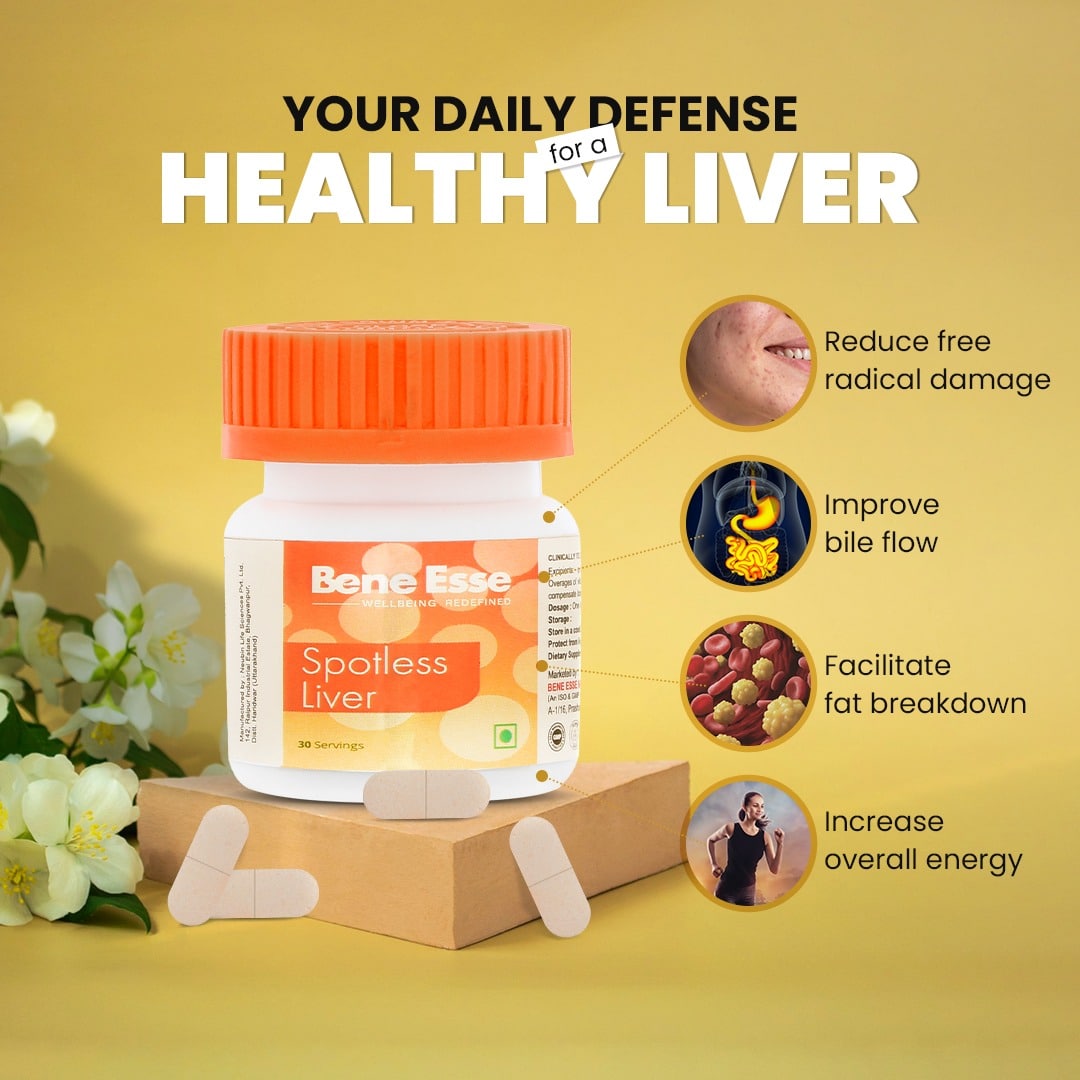

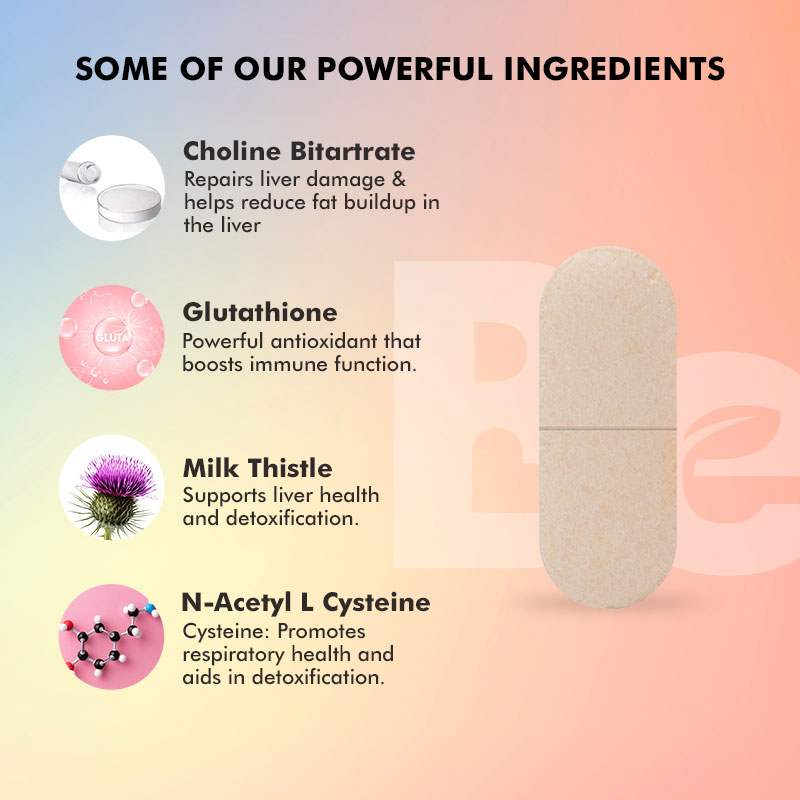
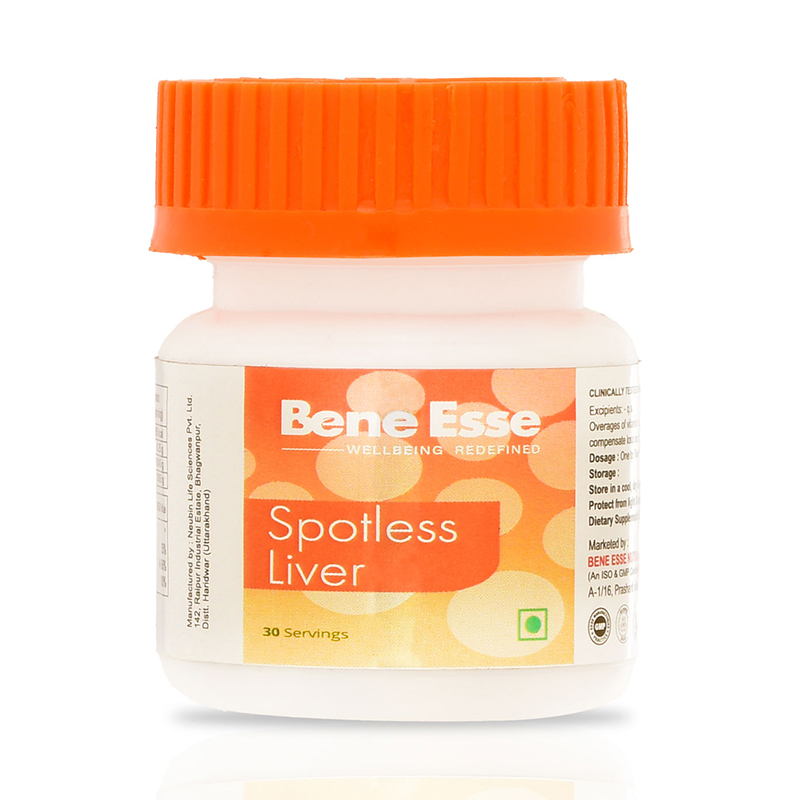
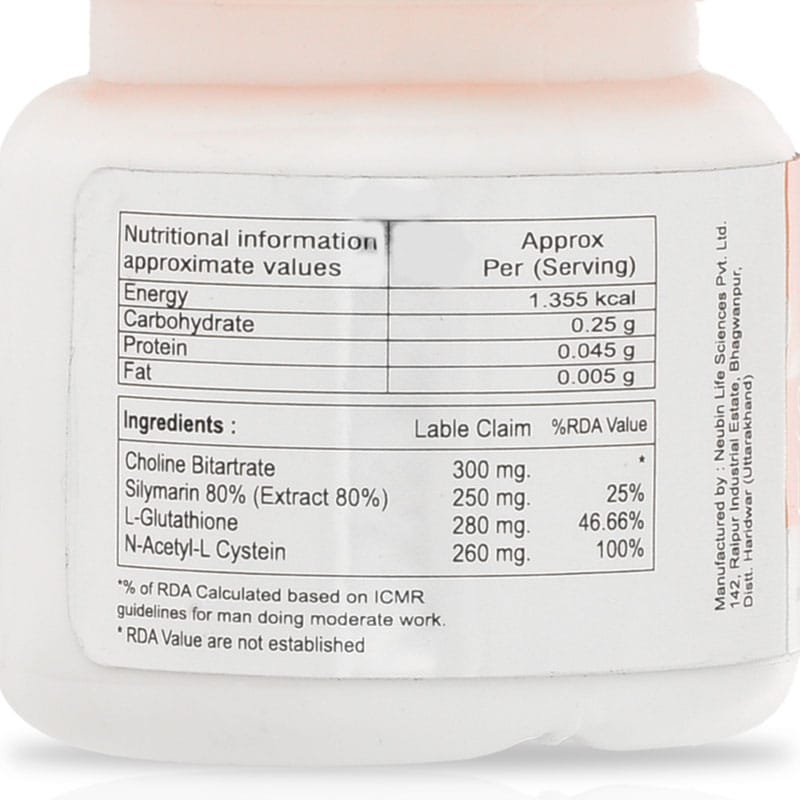
₹1,999 Including GST



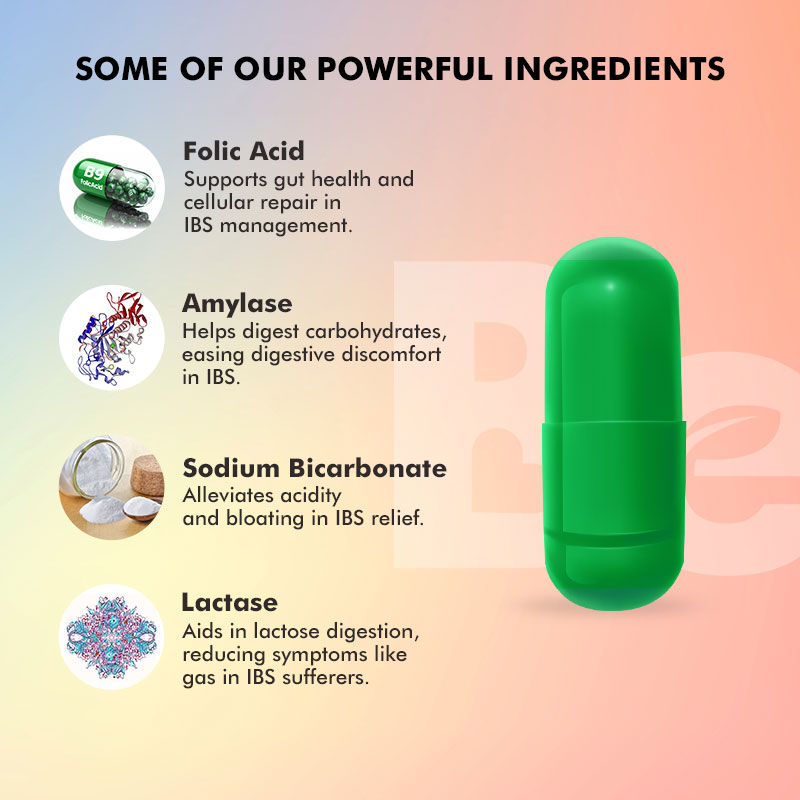
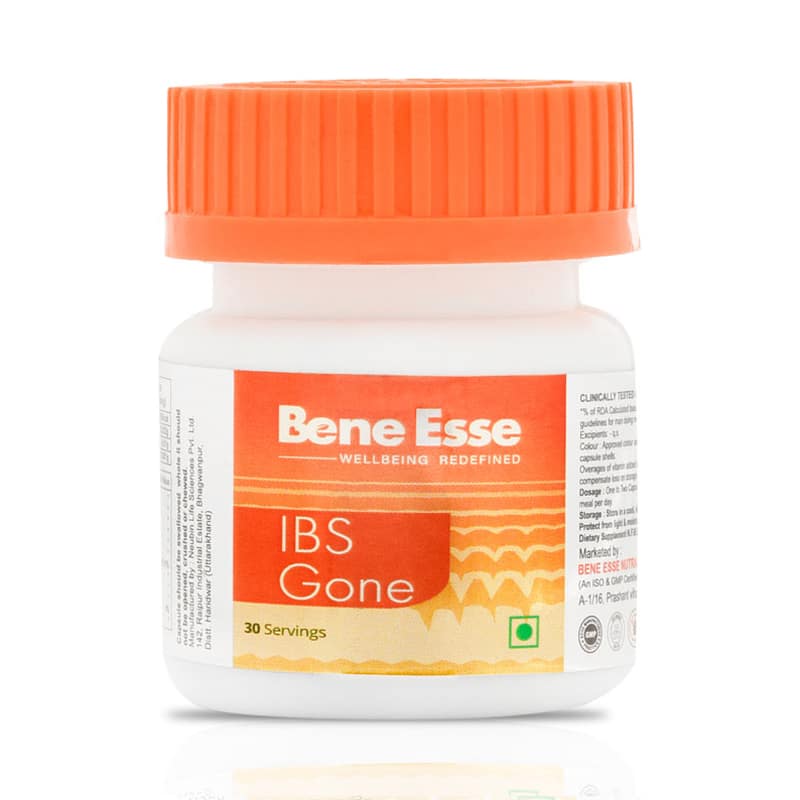
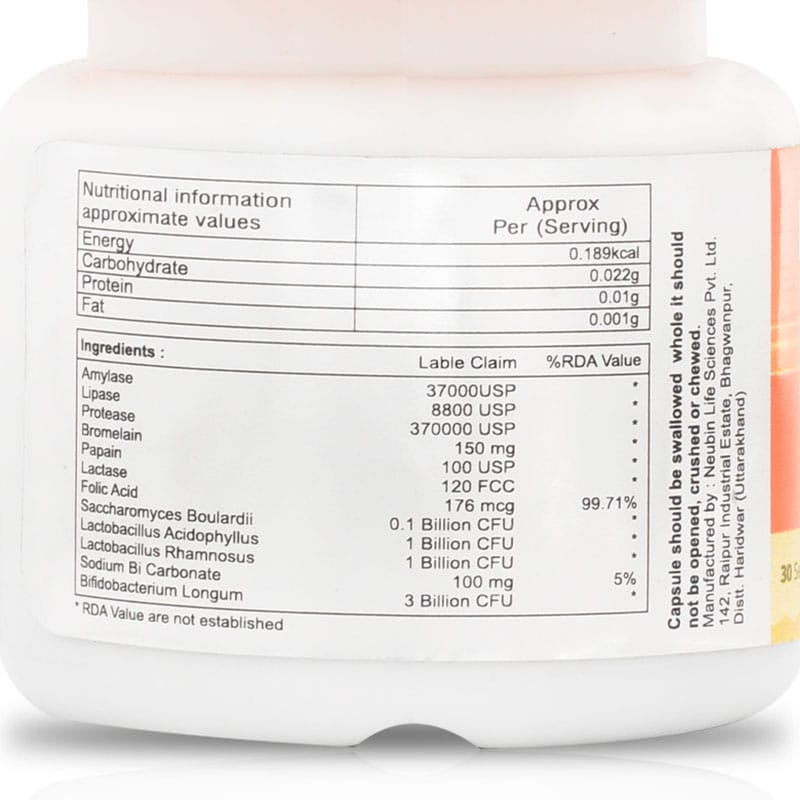
₹1,999 Including GST
Finally, feel better! Support your gut and manage IBS with IBS Gone capsules.



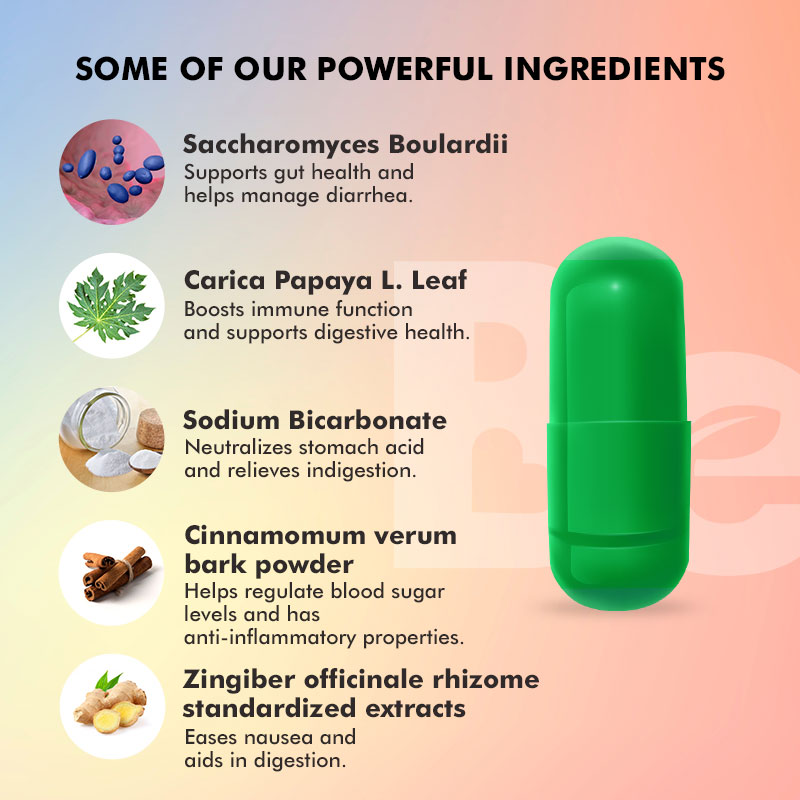

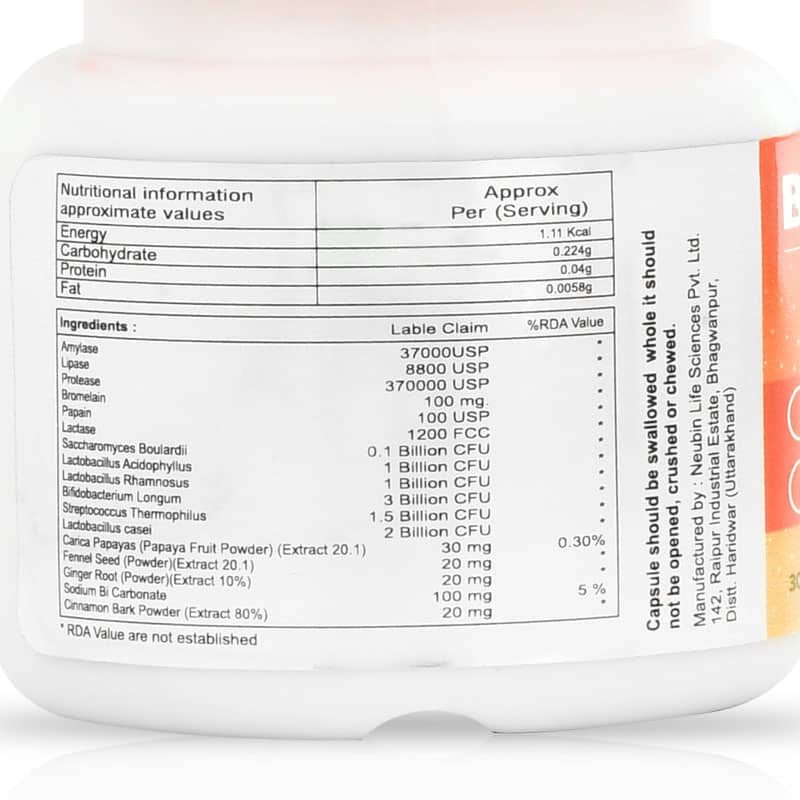
₹1,499 Including GST